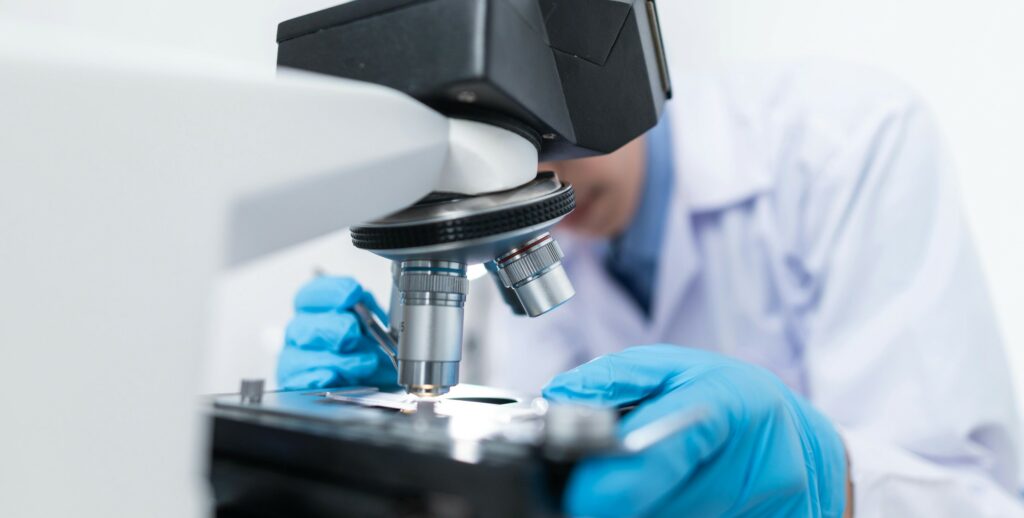As we live in a world that is becoming increasingly conscious about our choices and how they affect the environment, we may wonder how our sex lives could contribute to climate change.
Condoms are often criticized for their environmental impact. Still, they are one of the most popular forms of birth control simply because they are safe, effective, and easy to use. Condoms are more than 90% effective against HIV, Hepatitis B, and Gonorrhea and 90-95% effective in preventing pregnancy with proper use.
Whether you are a fan of male or female condoms, there is no doubt that it is an excellent choice of contraceptive. To help those who may want to be more environmentally conscious, we will discuss everything you need to know about selecting and disposing of condoms.
Are Condoms Biodegradable?
Most condoms are not biodegradable. They are mainly made from latex, which is natural, biodegradable rubber, but they usually contain many additives that prevent them from breaking. These chemical additives generally include polyurethane, which is not biodegradable.
The only biodegradable condom is the natural lambskin condom, which is made from lamb intestines. These condoms are effective in protecting pregnancy, but they are not as effective in preventing the spread of STIs. This is because of their natural porous membrane, which allows viruses to leak through.
Can You Reduce, Reuse, and Recycle Condoms?
No! Although the phrase “reduce, reuse, and recycle” has been a popular phrase used to promote the protection of our environment, it does not apply to condoms. Condoms are single-use contraceptives, and using a condom more than once can cause it to become significantly less effective. A used condom can spill and cause pregnancy or the spread of sexually transmitted diseases. Reusing a condom negates its purpose and can do more harm than good.
It is also important to note that there is currently no way to recycle condoms. You may be tempted to put them in the recycling bin, but latex is not recyclable and should be thrown away in the trash. As of now, there aren’t any programs for recycling condoms, but companies are working toward making more sustainable condoms
What is the Best Way to Dispose of Condoms?
The best way to environmentally dispose of a condom is to wrap it in a tissue and throw it in the trash. You should first properly remove the condom by pulling on the tip while it is pointed down and then tying the condom like you would a balloon. Once the condom is securely tied, wrap it in a tissue and throw it in the trash can.
You can be more environmentally conscious by wrapping it in a single tissue rather than multiple. Wrapping the tissue in a condom will prevent bugs from getting to it and hide it from public view. Although most condoms are not biodegradable, tissues are.
How to Be Environmentally Conscious With Better2Know
Although other contraceptives such as the pill, patch, shot, vaginal ring, or IUD may be better for the environment, each person should decide which type of contraceptive is best for them.
When used properly, condoms are an excellent tool for having safe sex. The best way to make them as environmentally friendly as possible is to use a limited amount of tissue paper and paper towels when disposing of the condoms.
Better2Know is devoted to providing you with quality STI testing while also being as environmentally sustainable as possible. As a result, Better2KNow is the only Carbon Neutral STI testing provider in the world. So, if you are interested in practicing safe and sustainable sex, book an appointment with Better2Know!





